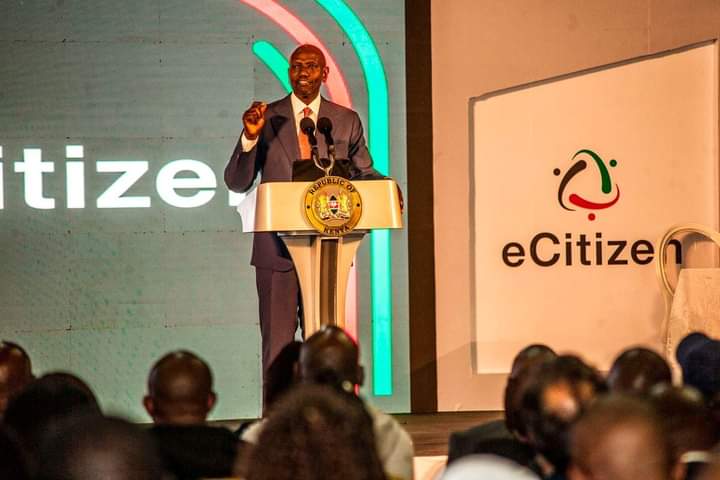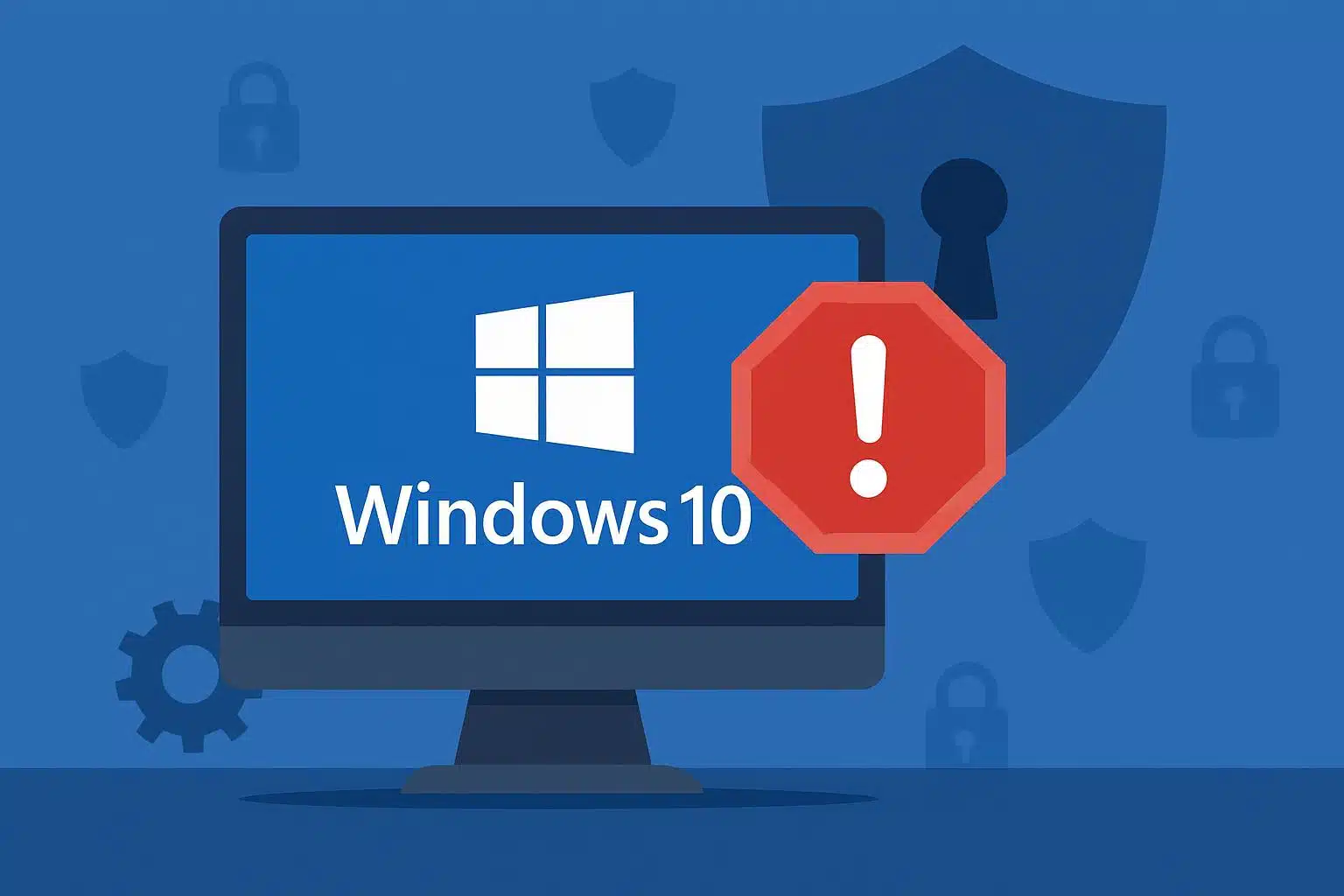KENYA : The government has digitised 19,000 services since July last year as part of its ongoing push to improve service delivery and accessibility for citizens.
Dr. Margaret Nyambura Ndung'u, the Cabinet Secretary for Information Communications and The Digital Economy, emphasized that the digitisation effort is aimed at ensuring citizens access government services efficiently.
She added that the government is working with key stakeholders to ensure that both the technology and the services are accessible and user-friendly.
“We are working with other stakeholders not only to ensure there is access to digital services for the citizenry, but this digital access should also bring about transparency and efficiency in the delivery of our services,” she said.
Dr. Ndung'u noted that the government's goal is not just digital service access but also transparency and efficiency in service delivery.
“E-Citizen, for instance, has both the frontend for the user and the backend for managing records and data. This calls for building capacity and skilling for both the end-users,” she explained.
The CS said the government is on course with the implementation of the last-mile digital connectivity in the country and urged young people to use this connectivity for the social and economic development of the country.
The Kenyan government last year announced plans to construct 1,450 ICT hubs for citizen digital literacy training, film creation, and public access to government services in all wards across the country beginning in 2024.
The Government-Constituency Development Fund (NG-CDF) will allocate three percent of its monies towards infrastructural upgrades on this digital hubs initiative in the constituencies. Digital hubs are physical spaces with access to super-fast broadband alongside community- and business-focused services.
The digital hubs in the country have three components: centres of excellence, the standard, and the ordinary, but the centres of excellence are key in helping the communities that do not have internet access to get this service, as they are constructed in the villages to bring this service closer to the people.
The Information Communications Technology (ICT) hubs will also be used for citizen digital literacy training, film creation, and public access to government services in all wards across the country beginning this year.
This will help provide digital connectivity, support the development of digital skills, and create jobs, and this will be done through the laying of 10,000 kilometres of fibre, thanks to the digital superhighway initiative.
Dr. Ndung`u noted that so far, 30 kilometres of this digital superhighway have already been done. She added that the digitisation process in the country has three pillars: connectivity and access, skilling, and cyber security.
The CS observed that cybersecurity and hygiene sensitisation is targeting the young people who are known to interact more on the digital platforms than the older fork, and this has led to various challenges such as cyberbullying and a number of our young girls being lured to their deaths in the country.
She added that the protection of private data in this digital era has been given priority by the government in the face of increased cybercrime in the country and the world.







